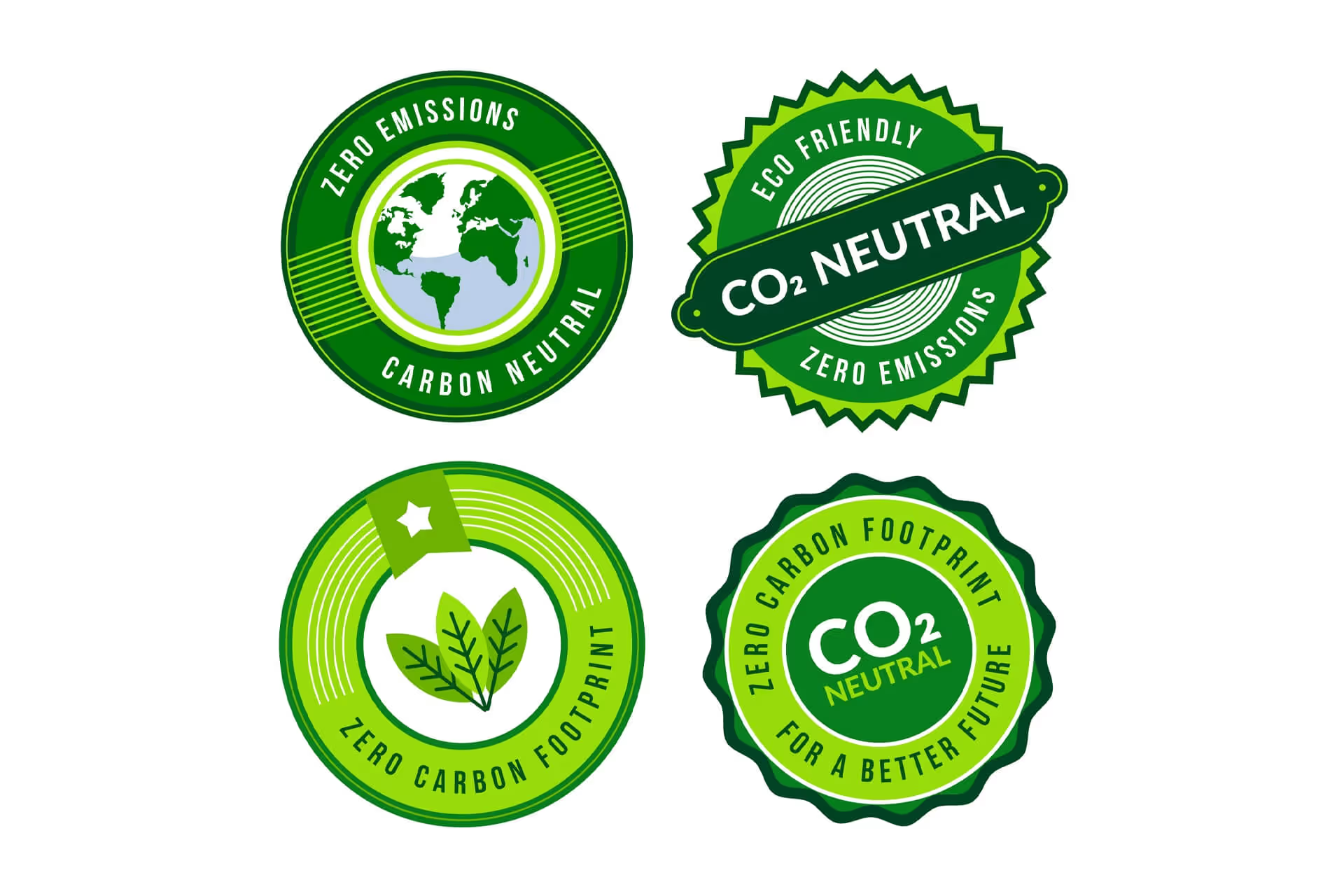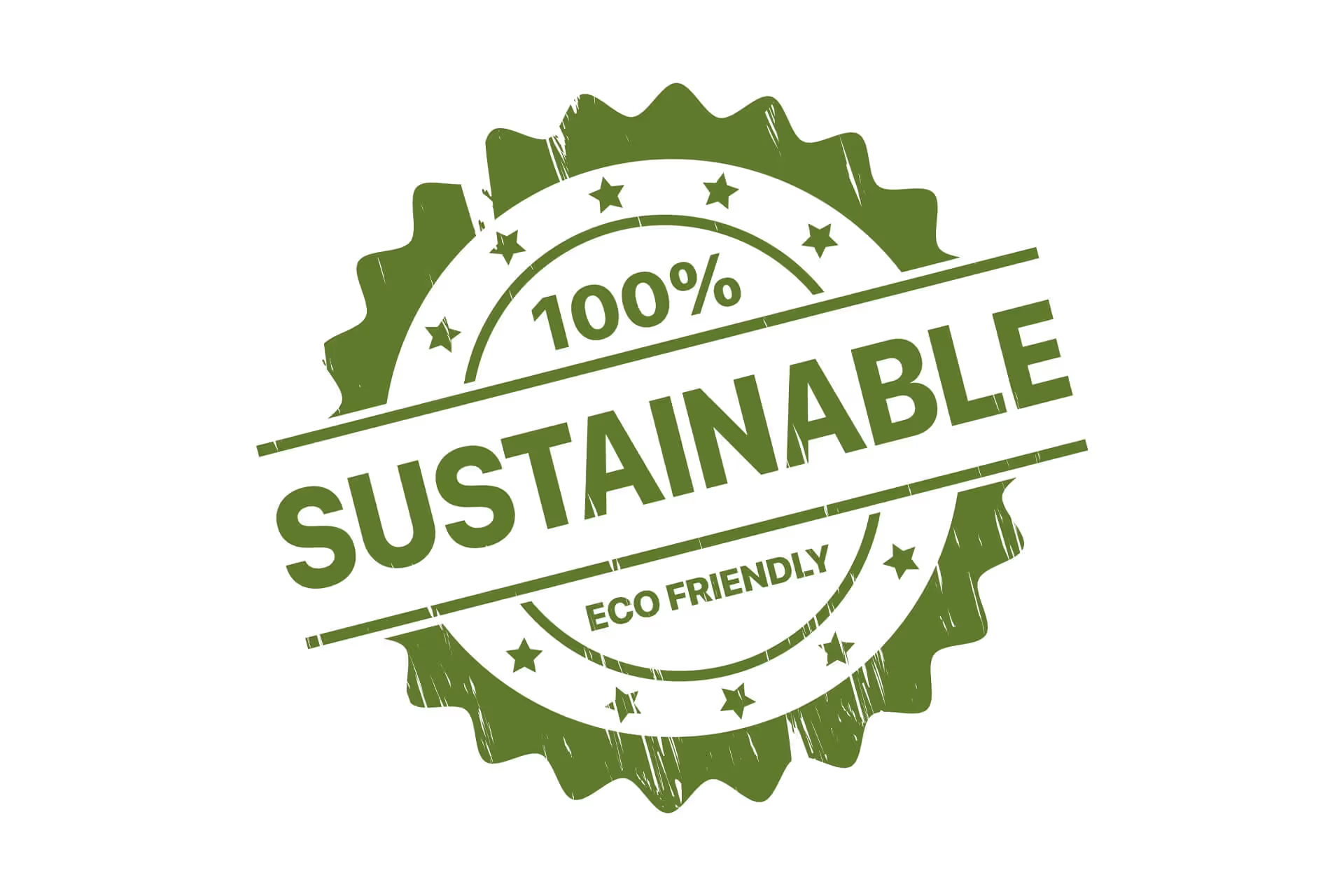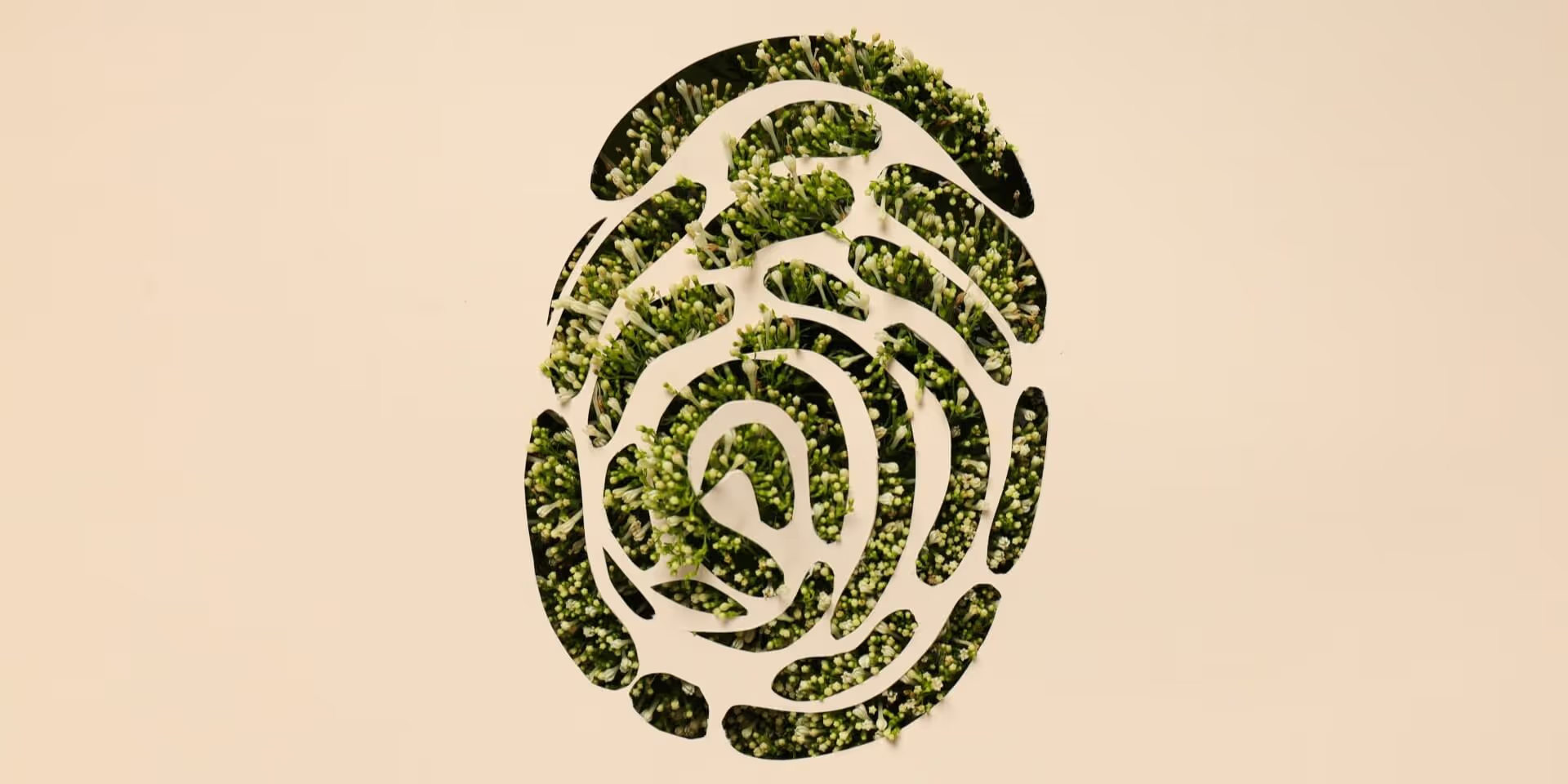Sustainability and eco-consciousness are vital requirements in the sustainable tourism industry, and many different companies use that to their advantage. However, in many cases, the claims made by various brands are just that: claims.
When potential customers find that the claims can’t be substantiated or aren’t 100% true, those brands lose credibility. For this reason, it’s essential to keep your branding authentic and verifiable.
In this article, we’ll take a closer look at greenwashing, what it is, and the impact it’s had on the sustainable tourism industry. We’ll also discuss how to keep your branding authentic and avoid greenwashing your brand.
What is greenwashing?
When a brand makes claims that make it seem more sustainable or eco-conscious than it truly is, it’s known as greenwashing. This may be as severe as untruths that are difficult (if not nearly impossible) to prove, or simply claims that aren’t entirely verifiable.
Greenwashing is, by definition, any attempt to make a brand seem greener than it actually is. That said, greenwashing doesn’t only refer to intentionally misleading potential customers. In some cases, it’s simply a thoughtless statement that wasn’t properly researched.
In most cases, it is a way to intentionally mislead people so they’re more likely to purchase the product. And this doesn’t have to take the form of an explicit statement, it can be through incorporating “green imagery” that makes an implication that hasn’t been stated.

Greenwashing tourism examples
There are many examples of greenwashing in the tourism industry, both intentional and unintentional. Let’s take a look at a couple of greenwashing tourism examples:
- Claiming that all vehicles and forms of transport used to run on renewable fuels like ethanol, without disclosing that it’s necessary to blend ethanol with fossil fuels.
- Saying that all the cooking processes used to prepare food for guests are environmentally conscious, but the main source of cooking fuel is propane. Even if you neutralise your carbon footprint produced by burning the propane itself, this wouldn’t equalise the damaging nature of the propane extraction process.
- Claiming that all the accommodation is carbon neutral, without accounting for the carbon emissions produced by guests.
- Saying that you only use compostable dishes and cutlery but the trees for the cardboard and the bamboo for the cutlery aren’t produced in a sustainable manner.
As you can see, there are many ways that sustainable tourism niche marketing can make inaccurate claims that are perceived as greenwashing.
Negative side effects of greenwashing
The sustainable travel and tourism industry has encountered many unfortunate side effects as a result of some people’s insistence on greenwashing. Some of these include the following:
- Misleading customers - Most of the people who are willing to pay to support sustainable tourism initiatives truly care about the environment. By misleading them, these brands not only take away their right to choose but also make them sceptical about sustainable tourism as a whole.
- Casting aspersions on truly sustainable tourism - By misleading customers about how sustainable their products are, greenwashing sustainable tourism brands makes people suspicious about other brands that are truly sustainable.
- Causing environmental damage - By pretending to be more sustainable than they truly are, tourism brands can have a significant negative impact on the environment. The more successful the campaign is, the more severe the damage becomes as the carbon emissions increase.
There are many other negative side effects as well, but these are some of the most significant. One thing not mentioned above but with great significance is the fact that greenwashing campaigns actually prevent these brands from taking advantage of many excellent opportunities in the sustainable tourism industry.
What is sustainable tourism?
Sustainable tourism is a branch of the tourism industry that focuses specifically on offering travel experiences that are eco-conscious and as sustainable as possible.

This type of green tourism is incredibly popular, but instances of exposed greenwashing can make tourists sceptical. For this reason alone, it’s essential to ensure that you don’t indulge in greenwashing, either accidentally or intentionally.
Sustainable travel and tourism: Greenwashing traps to avoid
As a part of the sustainable tourism industry, there are many different traps that you can fall for without meaning to. Let’s discuss some of the different greenwashing branding traps that are easy to fall into.
Making absolute statements
The biggest thing to beware of when doing the branding for your tourism business is absolute statements. For example saying, “Relying only on sustainable energy sources,” is more dangerous than either providing exact details or saying something like, “Striving towards using 100% sustainable energy sources.”
The difference may be minor, but it makes all the difference when something goes wrong or people look into your brand integrity. In the case of an absolute statement, it can (and will) be refuted if there’s even a minor irregularity. In the case of an honest statement, your clients know that you may not yet have a perfect system.
Exaggerating successes
One mistake that people often make in the sustainable travel and tourism industry is to exaggerate their successes. More often than not, this is a sign of pride in what they've accomplished, rather than an attempt to mislead. However, saying things like 100% organic, when the truth is more like 97% organic, qualifies as a type of greenwashing and can rapidly injure a brand’s reputation.
Using inaccurate visuals
One of the easiest ways to mislead potential clients, without meaning to, is using visuals that don’t accurately represent your brand or product.
For example, if you use visuals like the following, you need to ensure that the entire itinerary and all aspects thereof are truly and completely sustainable. Otherwise, even if you are merely excited about your brand and not intentionally misleading people, you are indulging in greenwashing.

Most common types of greenwashing in sustainable tourism
To help you avoid the potential pitfalls, we’ve constructed a list of the most common greenwashing mistakes and tactics:
- Exaggerated energy claims: Boasting about insignificant or nonexistent energy-saving measures.
- Misleading labels: Using vague terms like "eco-friendly" without proper certification.
- Promoting unsustainable activities: Labelling environmentally harmful activities as "eco-friendly."
- Minimal effort marketing: Making superficial changes without addressing underlying issues.
- Incomplete disclosure: Hiding information about environmental impact.
- Exaggerated benefits: Claiming greater environmental benefits than exist.
If you can avoid these things, you’re well on your way to creating an authentic sustainable tourism brand.
Sustainable travel and tourism branding: Tips for leveraging authentic branding

When it comes to eco-conscious branding for sustainable travel and tourism, the key is authenticity. Here are a few different steps you can take to help ensure you’re building a solid brand.
Use green buzzwords cautiously
Buzzwords can be useful when used correctly. They can also be a problem if you don’t use them wisely. If you’re going to use any of the popular sustainability buzzwords, it’s essential to avoid vague or misleading language and back up any claims you make with evidence.
Be transparent
When you’re trying to establish an honest and authentic sustainable tourism brand, it’s vital to share both successes and challenges related to environmental practices. It prevents your customers and potential customers from feeling like you’re trying to seem better than you are. It also allows them to feel like they get to accompany you on the rest of your journey towards sustainability.
Get certified
One way to help enhance your reputation as a sustainable tourism brand without resorting to greenwashing is to obtain third-party certifications to verify environmental practices. Most countries in the world have an array of different options allowing you to get certifications for things where you’ve accomplished great sustainability.
By accumulating as many of these certifications as you can, it allows you to state clearly and authentically that you’ve been certified by these programs. This is a great bargaining chip when promoting your brand.
Collaborate
It’s nearly impossible to be 100% sustainable as a standalone brand. However, by collaborating with other brands that are well-established and successful in their endeavours to be sustainable, you can quickly boost your own sustainability.
For instance, your sustainable tourism programs can collaborate with travel brands and hotel chains that are already highly successful at sustainable practices. This allows you to boost your own sustainability with less effort.
Be consistent
Consistency is key. Once you’ve established what it is that you aim to accomplish, and stated your values as a brand, it’s essential to stick to them. You always need to consider every action and acquisition to see whether it aligns with your goals and values as a brand.
Final thoughts
While greenwashing is common, it’s better not to greenwash your branding or advertising campaigns. Doing so can harm your company’s reputation, rather than giving you the loyalty and long-term customer satisfaction that you need.
If you’d like to ensure that you promote your sustainable travel and tourism brand appropriately, feel free to contact us. We’re ready and able to help you take your branding to the next level, with authentic and honest branding.




